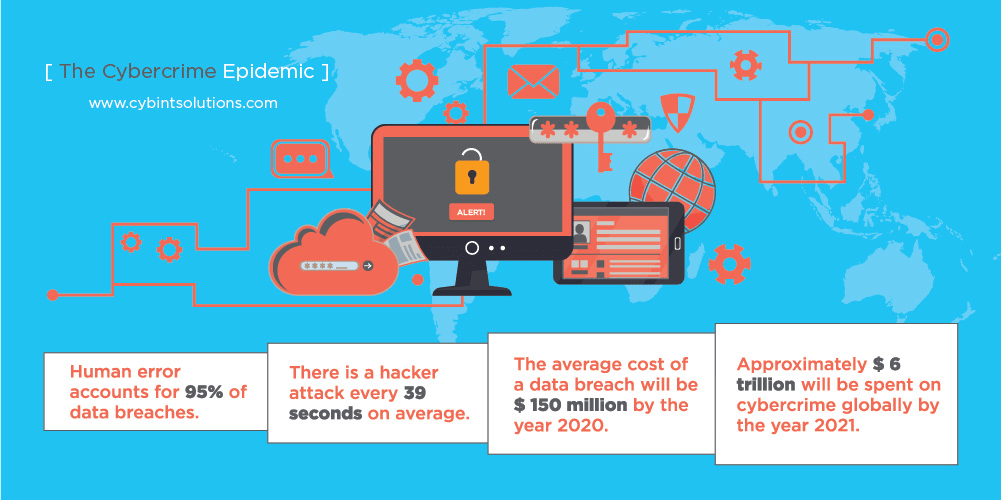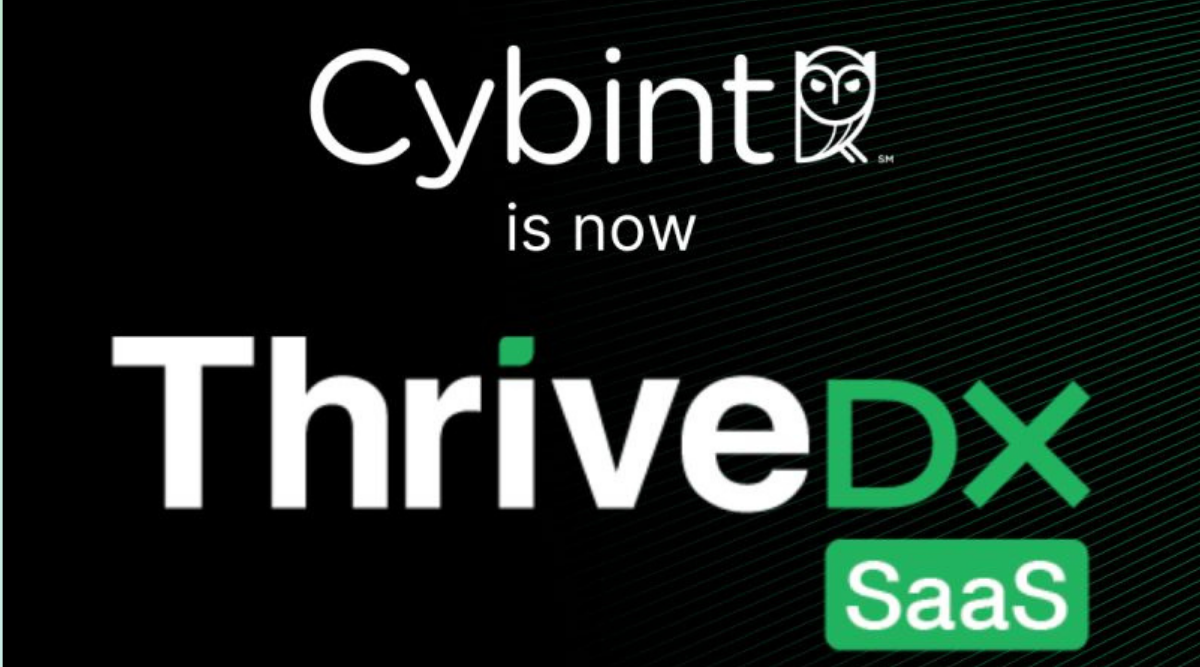Criminal justice, as most of us know it, is the system through which crimes and criminals are identified, apprehended, judged, and punished. A traditional criminal justice system is comprised of law enforcement (the front line of defense for the system), the courts, and corrections. When a crime is committed, law enforcement investigates. Once a suspect is apprehended, the courts take over. If the accused is found guilty, they are sentenced and turned over to corrections. The process is fairly straightforward.
Now enter the digital age, where new technologies and methods of interaction with other humans and devices come into play. Here, criminal justice isn’t so much about the management of crime, punishment, and rehabilitation as it is about delivering more accountability, engagement, and public trust ― and often doing so in a virtual environment.
Building criminal justice practices that are fit for the digital era largely depends on the ability to fill an existing skills gap with cybersecurity experts, people who have the mindset to pursue crimes against systems, networks, programs, and people.
The field is so new that many cybersecurity professionals over the age of 30 do not have formal training in cybersecurity. What’s more, the skills necessary to thwart new threats, use new tools, and engage in a different kind of crime-fighting process that aren’t solely learned in the classroom. You won’t find much in a course syllabus about how to defend against an attack aimed at accessing, changing, or destroying sensitive information, extorting money from users, or interrupting normal business processes.
Moving to a Security Mindset
For many businesses today, the question is not whether they will be hacked, but when. According to The Center for Strategic and International Studies, nearly $600 billion is lost to cybercrime each year. Needless to say, everyone benefits from having cyber defense programs.
We all rely on critical infrastructures like power plants, hospitals, and financial service companies. Securing these and other systems becomes essential to keeping our society functioning. In the digital world, cybersecurity pros become like the law enforcers of the traditional criminal justice system. They are the front-line defenders against cybercrime.
But how do cybersecurity pros develop a security mindset to look for possible weaknesses or digital disruptions? The most effective security professionals, like the most effective cyber attackers, find vulnerabilities in ways that no one has before. They have the ability to instinctively identify ways of undermining or compromising systems by using those systems in unexpected ways.
These crime-fighters of today must think like criminals to test things like the security of a software program, computer network, or hardware device. This is new territory, and more security-minded pros are needed to keep mounting digital data safely.
Justice Will Be Served
Ninety-five percent of all data breaches involve human interaction and, thus, human error. Which is why understanding cyber terminology, threats and opportunities is critical, especially for those who work in IT and security roles. It’s also why Cybint Solutions is committed to preparing the cyber leaders of the digital age with hands-on and accessible skills to empower them to make a positive difference in cybercrime-fighting.
Cybint prepares professionals in this field to work in a wide range of capacities — everything from helping organizations understand the malicious software threats they face and analyzing information to detecting potential intrusions, performing security tests, managing security systems, and developing security strategies. The future of business depends on cybersecurity. And the workforce of the digital age is tasked with helping organizations and companies build confidence that they can achieve their goals for cyber protection.
Our simulator lab and cyber-range training programs test cybersecurity personnel on handling real-life threat scenarios, and how to think like criminals. When you learn with Cybint, you build the security mindset necessary to ensure justice will be served against cybercrime.






